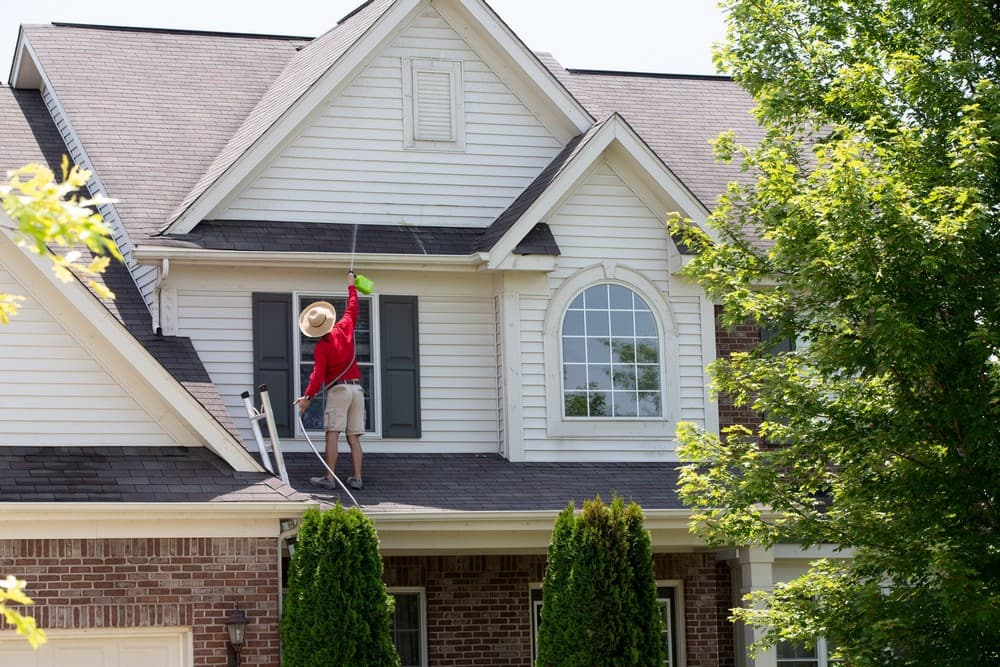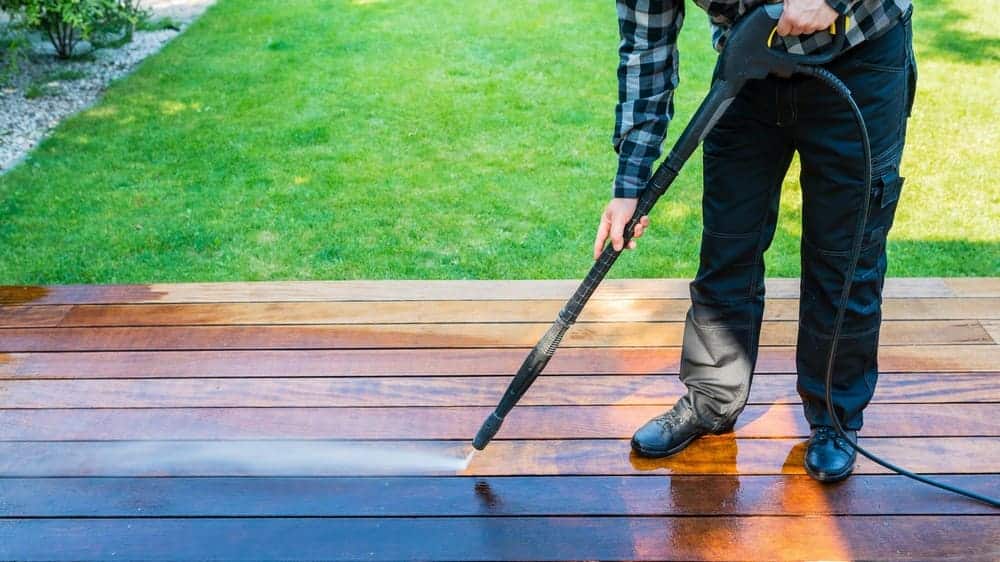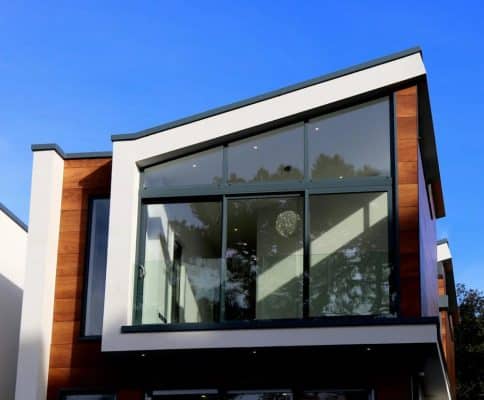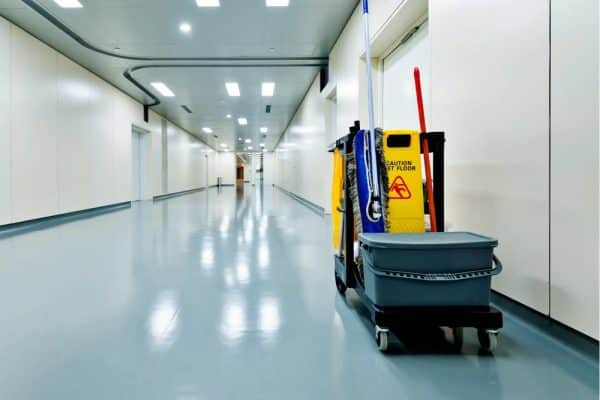
Soft washing and pressure washing are two common methods employed to clean and maintain various surfaces, from residential homes to commercial buildings. While both techniques serve the purpose of removing dirt, grime, mold, and other contaminants, it is essential to understand the key differences between them and why soft washing is often considered superior, particularly in terms of safety, effectiveness, and versatility.
1. The Basics of Soft Washing and Pressure Washing
Before delving into the advantages of soft washing, it’s crucial to comprehend the fundamental principles of each method. Pressure washing, also known as power washing, relies on high-pressure water jets to remove dirt and contaminants from surfaces. It is a highly effective method for eliminating tough stains, such as grease or graffiti, from hard, non-porous surfaces like concrete or brick.
On the other hand, soft washing employs a different approach. It involves using a low-pressure water spray, often combined with specially formulated cleaning solutions, to treat surfaces. Soft washing is particularly well-suited for more delicate surfaces, like roofs, siding, and wooden decks, as it minimizes the risk of damage that can occur with high-pressure water.
2. Safety First: The Importance of Soft Washing
One of the primary reasons soft washing is considered superior to pressure washing is safety. High-pressure water jets used in pressure washing can be extremely powerful and, if not handled properly, can cause significant damage to surfaces, property, and even people. When pressure washing is used on delicate materials, it can lead to irreversible harm, necessitating costly repairs.
Soft washing, with its low-pressure approach, is far gentler on surfaces. It effectively removes contaminants while reducing the risk of surface damage. This makes it an ideal choice for cleaning more fragile materials like asphalt shingles, wooden siding, and painted surfaces. Additionally, soft washing incorporates the use of cleaning solutions, which can help break down and remove contaminants more efficiently without the need for excessive pressure.
3. Environmental Considerations
Another crucial aspect where soft washing outshines pressure washing is its environmental friendliness. Pressure washing can result in the release of pollutants, such as oil, chemicals, and detergents, into the environment. These substances can be harmful to aquatic life and ecosystems, and their use may be regulated in many areas.
Soft washing, with its reduced water pressure and reliance on biodegradable cleaning solutions, is a more environmentally responsible choice. It minimizes the release of harmful substances and ensures that the cleaning process is eco-friendly. This is especially important in today’s world, where environmental sustainability is a growing concern.
4. Versatility in Application
Soft washing offers a level of versatility that pressure washing cannot match. While pressure washing is primarily suited for hard, non-porous surfaces, soft washing can be employed on a wide range of materials and structures. This makes it an ideal choice for cleaning exteriors of buildings, roofs, decks, fences, and more.
In particular, soft washing is the preferred method for roof cleaning. Roofs, especially those with asphalt shingles, can be damaged by high-pressure water jets, making soft washing the safest and most effective option for removing algae, moss, lichen, and other contaminants that can compromise a roof’s longevity. Soft washing ensures that the cleaning process is gentle on the shingles and doesn’t disrupt their integrity.

5. Enhanced Cleaning Efficiency
The use of specially formulated cleaning solutions is a significant advantage of soft washing. These solutions are designed to target and break down specific contaminants like algae, mildew, and mold.
When combined with low-pressure water, these solutions penetrate deep into the surface, effectively eliminating contaminants and preventing their return.
In contrast, pressure washing alone may not address certain types of contaminants as effectively. High-pressure water can sometimes merely remove the surface layer of dirt, leaving underlying mold or algae untouched. This often results in a quicker recurrence of the problem, necessitating more frequent cleanings.
6. Long-Term Results and Prevention
Soft washing not only provides immediate cleaning results but also offers long-term prevention benefits. The combination of low-pressure water and specialized cleaning solutions not only removes contaminants but also helps to prevent their return. This is especially important for surfaces like roofs and siding, where contaminants like algae and mold can quickly regrow if not effectively treated.
The preventative aspect of soft washing can save homeowners and property managers money and time in the long run. It means fewer frequent cleanings, less wear and tear on surfaces, and lower maintenance costs. Pressure washing, while effective in the short term, may require more frequent cleaning sessions, which can lead to higher expenses and more significant surface degradation over time.
7. Preservation of Property Value
Maintaining the appearance and condition of your property is essential for preserving its value. Soft washing plays a vital role in this regard by ensuring that surfaces are not only clean but also undamaged in the cleaning process. When surfaces are cleaned and maintained without harm, the property’s aesthetic appeal is preserved, and its value remains intact.
Pressure washing, if not used carefully, can detract from a property’s value due to the potential for surface damage. Cracked concrete, chipped paint, or damaged siding can significantly reduce the curb appeal of a home or commercial building. Soft washing, with its gentle approach, helps preserve the property’s value and keeps it looking its best.
8. The Importance of Professional Soft Washing
While soft washing offers many advantages over pressure washing, it is essential to recognize that the quality of the service largely depends on the expertise of the professionals providing it. Hiring a reputable soft washing service ensures that the correct techniques and cleaning solutions are used for the specific surfaces and contaminants in question.
Professional soft washing services have the experience and knowledge to determine the appropriate pressure, cleaning solutions, and application methods for each job. They can safely and effectively clean a wide range of surfaces, from roofs and siding to decks and fences, while delivering consistent, high-quality results.
In conclusion, soft washing stands out as the superior choice for cleaning and maintaining various surfaces, ensuring both effective cleaning and the preservation of property value. For those seeking professional soft washing services, Go2PM is a local, family-owned business renowned for its extensive experience, affordable pricing, and commitment to delivering premium results.
Their expertise in soft washing ensures the gentle yet effective cleaning of surfaces, from roofs and siding to decks and fences. By choosing a reputable service like Go2PM, property owners can trust in the expertise of a team dedicated to the careful maintenance and enhancement of their properties, offering the assurance of a pristine, well-maintained exterior without compromising on safety or quality.








